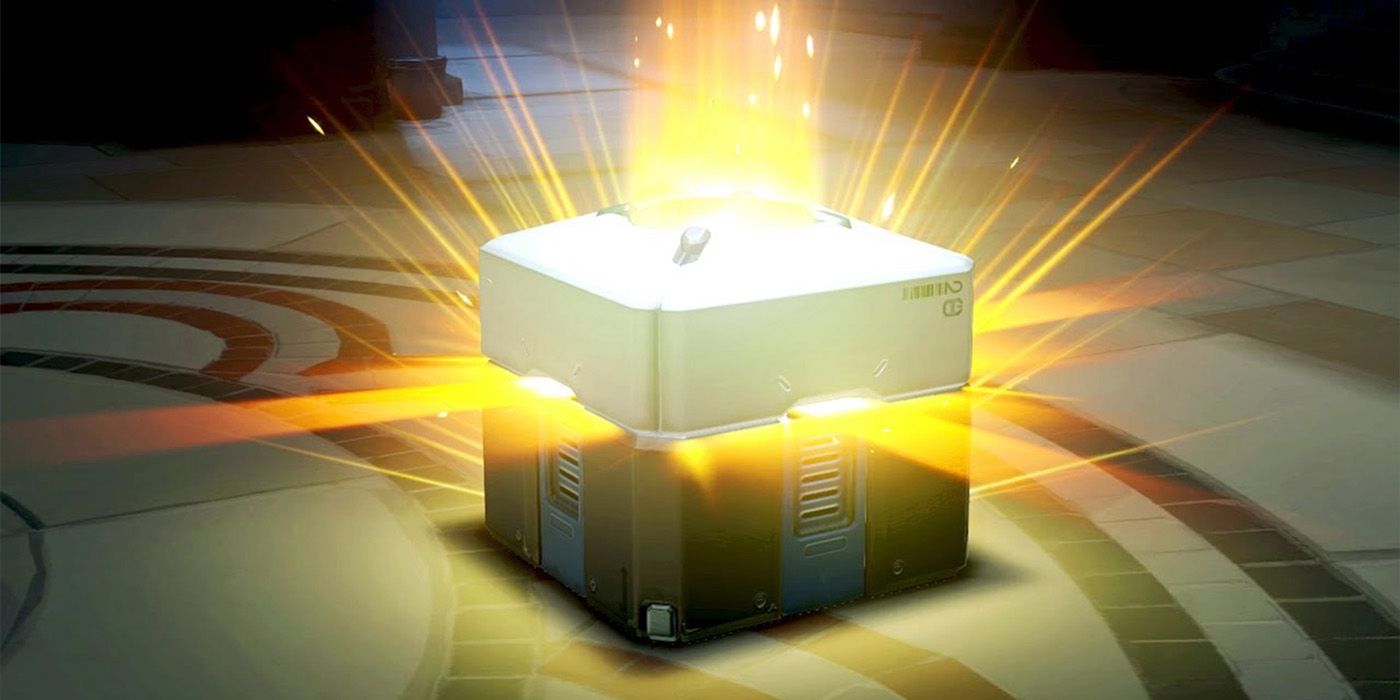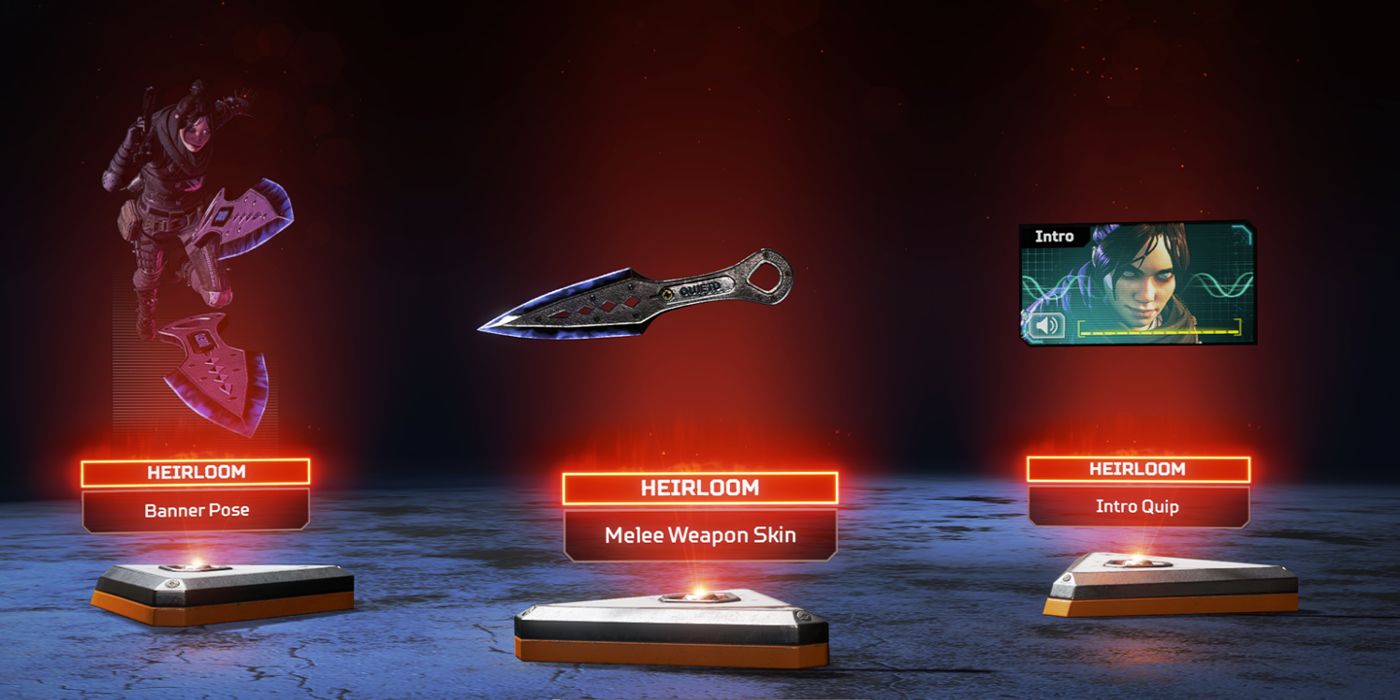A workshop held by the U.S. Federal Trade Commission yesterday revealed that Online Performers Group (OPG), a company that manages Twitch and YouTube celebrities, has been asked by a video game publisher in the past to purposefully misrepresent how loot boxes work. OPG represents many names both in and out of the gaming landscape, from "Angry Joe" Vargas all the way to T-Pain, but many of their sponsored creators are game streamers. Opening loot boxes has become a popular segment for thousands of online personalities, and recent complaints from both parents and lawmakers have brought the process under scrutiny.
During the workshop, CEO of Online Performers Group Omeed Dariani met with the members of the FTC to answer questions about the required steps regarding disclosures about loot box percentages. He revealed that on one occasion he was in a room where a game company representative said they "could do better odds" on a loot box pack that an unidentified person was opening specifically for promotional purposes. He also confirmed that some video game companies pay for the loot boxes themselves in order to have content creators open them for the public, although he noted that it was uncommon.
According to a summary of Dariani's statement posted on Polygon, most Twitch streamers are not ashamed to admit that they are creating sponsored content. "It's actually a benefit to them in a lot of cases," he said. "That, for many people, can be a source of validation, a sign of growth." However, he lamented the fact that streaming services do not offer some sort of blanket disclosure system for paid content, saying that it would be much easier on the creator to not have to continuously remind people about sponsorship during what can sometimes be multi-hour segments.
This speech came after the three major game companies vowed to enforce new loot box disclosure rules. Microsoft, Nintendo, and Sony have all committed to new policies that will demand disclosure of both the existence of loot boxes and their relative rarities and probabilities in all new games (and updates that add such mechanics) by the end of 2020. Many video game developers have already pledged to follow suit, including Electronic Arts, who recently tried to rebrand loot boxes as 'surprise mechanics.' It's unclear, however, if those select streamers who receive better percentages will be affected by this new policy.
Streamers form a unique, interactive relationship with their audiences in a way that most media personalities do not. They talk to them, they chat with them, not just about the games they're playing but about their lives, at least as much as they are willing to disclose. These personal interactions inherently offer a sense of camaraderie and trust, which is why it's so important that sponsored content is disclosed in as upfront a manner as possible. While the FTC and ESA seem to be making progress, it's up to services like Twitch, Mixer, and YouTube to do their part in keeping the public informed as well, because right now the streamer and loot box relationship is scary.
Source: Polygon


